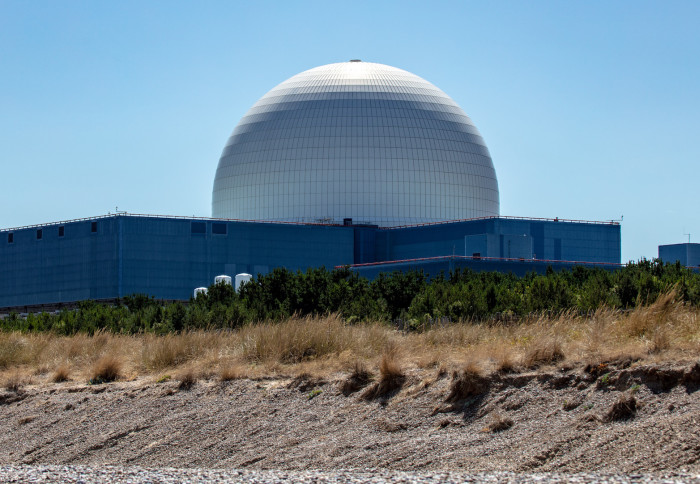Energy transition driving ‘nuclear resurgence’

Nuclear research is undergoing a resurgence in response to the Net Zero challenge, according to the Chair of the National Nuclear Laboratory.
Delivering the 2022 Energy Futures Lab Annual Lecture, Ian Funnell said that while political instability and the UK’s departure from the European Union had slowed progress, recent years have seen a crystallisation of the role of nuclear energy.
Mr Funnell, who also chairs the Energy Futures Lab advisory board, said nuclear technologies would play an important role in the energy transition in support of renewables like wind and solar, particularly during periods of low wind and solar output.
“The UK was burning 4% coal last week to keep the lights on. You need that element of base load [but] burning any coal these days is unacceptable to me and I’m sure unacceptable to many,” he told the audience at Imperial College London.
Burning any coal these days is unacceptable to me and I’m sure unacceptable to many. Ian Funnell Chair, National Nuclear Laboratory
A combination of large and small-scale nuclear could replace these fossil fuels for electricity generation, he suggested, while advanced modular reactors (AMRs), operating at higher temperatures, could help decarbonise industrial processes and enable the production of hydrogen and synthetic fuels.
In 2020, the UK Government announced a £385m Advanced Nuclear Fund to develop a Small Modular Reactor (SMR) design and build an AMR demonstrator by the early 2030s, with the aim of leading a market estimated to be worth approximately £400bn by 2035.
“We’re not starting from scratch. Some of these technologies have been around, even in the UK, for some time, but the reason they’ve never been developed is nobody wanted high-grade heat. There wasn’t that pull to say we want electricity and we want high-grade heat to power our industries,” Ian said.
 In the lecture, the former CEO of Hitachi Energy (UK & Ireland) also touched on other applications of nuclear technologies, from space exploration to medicine. Radioligand therapy, an innovative cancer treatment, was one of the examples highlighted.
In the lecture, the former CEO of Hitachi Energy (UK & Ireland) also touched on other applications of nuclear technologies, from space exploration to medicine. Radioligand therapy, an innovative cancer treatment, was one of the examples highlighted.
The treatment delivers targeted radiation to cancerous cells, limiting the damage to surrounding tissues. While clinical trials are still in progress, the therapy has shown promise for some forms of cancer.
“I mentioned that climate change is one of the big challenges for society, but so is cancer. Around 50% of us will have some exposure, some form of cancer in our lifetime. It’s a sobering statistic but this is a really exciting piece of R&D,” Ian said.
Speaking at the event, Professor Mary Ryan CBE, Imperial’s Vice-Provost (Research and Enterprise), said nuclear technology had the potential to transform global energy systems and that the UK has deep expertise in driving nuclear research.
Article text (excluding photos or graphics) © Imperial College London.
Photos and graphics subject to third party copyright used with permission or © Imperial College London.
Reporter
Conor McNally
The Grantham Institute for Climate Change